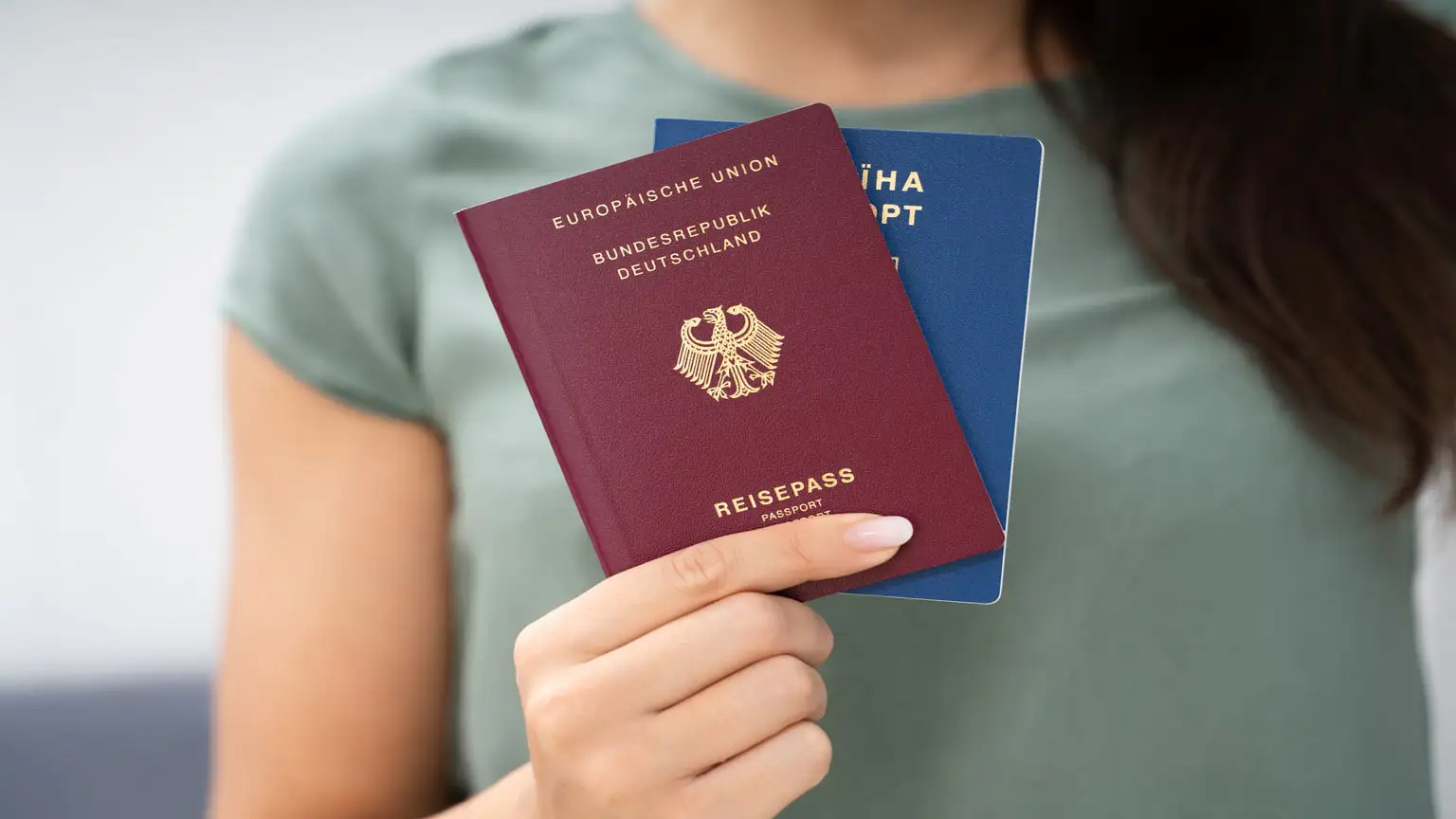Discover the benefits, limitations, and process of obtaining multiple passports, including the possibility of holding more than one U.S. passport.
Introduction
A passport is the gateway to international travel, but did you know it’s possible to hold multiple passports? Explore the world of dual citizenship and learn how it can enhance travel flexibility and provide additional layers of security and opportunity.
Benefits of Multiple Passports
Having passports from multiple countries offers enhanced travel flexibility, access to more visa-free destinations, and the ability to live and work in diverse locations. Additionally, it serves as a safeguard against unforeseen political or economic turmoil.
Number of Passports Allowed
The number of passports one can hold depends on individual circumstances and the rules of each country. While some countries, like the United States, allow multiple citizenships, others have restrictions or do not recognize dual citizenship.
Dual U.S. Citizenship
U.S. citizens can hold up to two U.S. passports under certain criteria, such as frequent international travel requiring multiple visas or visa restrictions based on passport stamps.
Countries Allowing Dual Citizenship
Approximately half of the countries worldwide permit some form of dual citizenship, but restrictions and regulations vary. It’s essential to research the citizenship laws of each country to understand eligibility and limitations.
Obtaining a Second Passport
Methods for acquiring dual citizenship include birthright citizenship, citizenship by descent, naturalization, marriage, and investment or economic citizenship. Each method has its requirements and processes.
Conclusion
Multiple passports offer a world of opportunities for travel, residence, and security. Understanding the benefits, limitations, and processes involved can empower individuals to navigate the complexities of dual citizenship and unlock the advantages it offers.

